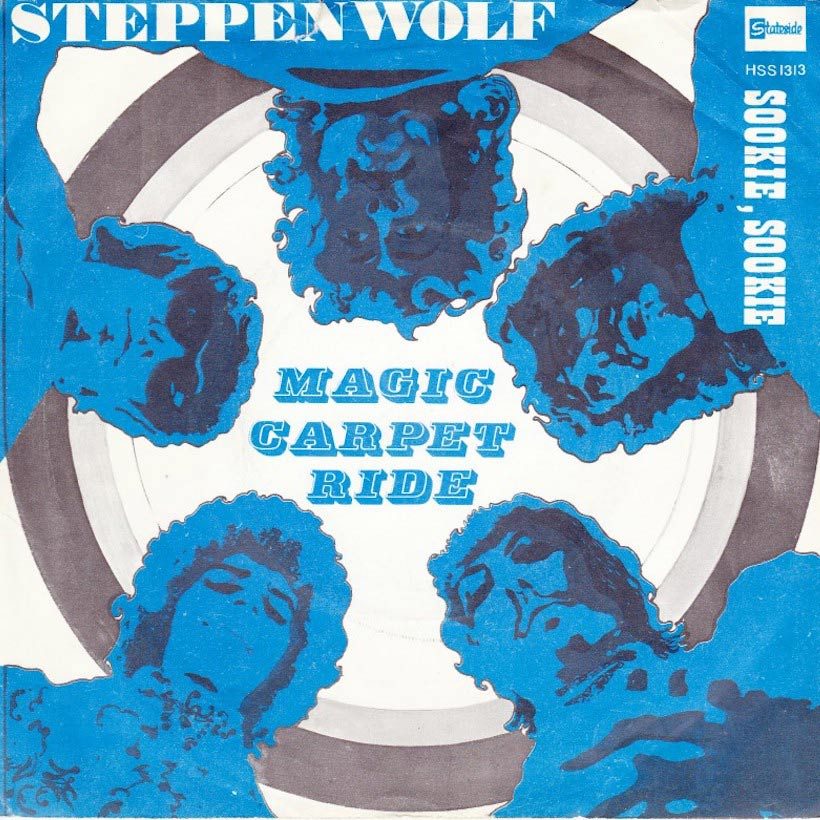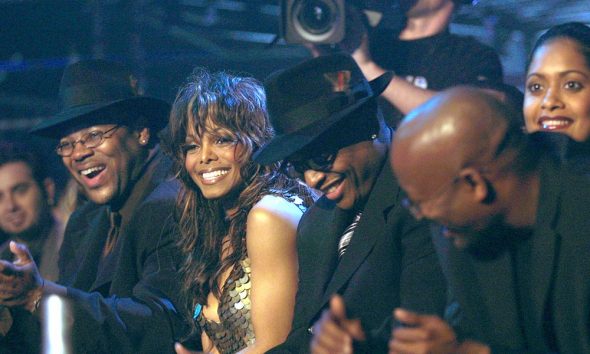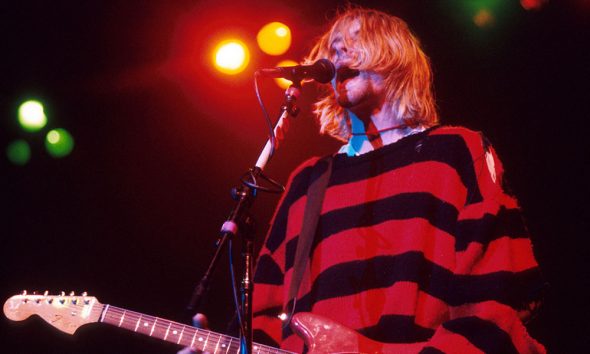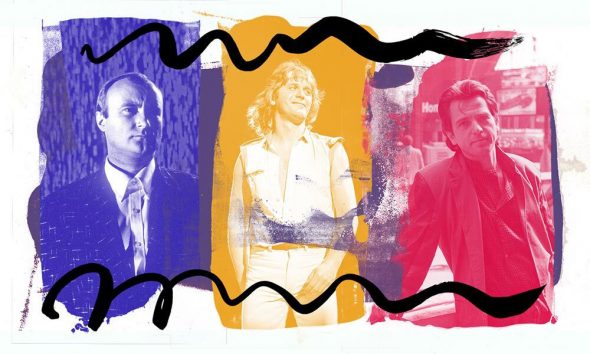‘Magic Carpet Ride’: Steppenwolf Pile Back Onto The Hot 100
The song became the group’s second and last Top 5 entry in the US, and their longest-charting single.

Steppenwolf had a habit of capturing the zeitgeist. Their second single, the ever robust “Born To Be Wild,” became an anthem for a generation thanks to its prominent use in the groundbreaking countercultural movie Easy Rider.
Released in 1969, the picture almost single-handedly sent the film industry in a new direction for the coming decade. Yet, despite the song’s ubiquitous use as the go-to theme tune for youthful rebellion the world over, a subsequent Steppenwolf single has had plenty of longevity of its own.
“Magic Carpet Ride,” issued in September 1968, just three months after “Born To Be Wild,“ entered the US Hot 100 on October 5. Eventually flying to No.3 in the US charts, it became the group’s second (and last) Top 5 entry in the US, and their longest-charting single, staying on the survey for 16 weeks.
The song was the product of a particularly fertile period for Steppenwolf, appearing on their second album of that year, The Second, and also finding its way onto the soundtrack of the lesser-known Marlon Brando sexcapade, Candy, in December 1968.
‘Right between my sound machine’
“Magic Carpet Ride” was built around a riff conjured by Steppenwolf bassist Rushton Moreve, and with lyrics inspired by the stereo system that frontman John Kay had bought with the royalties from the band’s self-titled debut album. The lines “I like to dream/Yes, yes/Right between my sound machine” reportedly came to Kay after he took a demo of the song home to listen to.
The track has since risen above its inauspicious first celluloid outing to appear in a number of hip films – either as a shortcut to conjuring up a bygone era, or, in one particular case, recontextualized against the backdrop of a gritty indie gangster flick.
Austin Powers: The Spy Who Shagged Me, the second in the arch spoof franchise, released in 1999, featured “Magic Carpet Ride” during an evocative retro nightclub scene. The 2001 hipster comedy Jay And Silent Bob Strike Back knowingly relied on the song’s countercultural reference points for its own playful homage.
Listen to the best of Steppenwolf on Apple Music and Spotify.
For serious movie buffs, however, it’ll be the version that appeared in Reservoir Dogs, Quentin Tarantino’s controversial hit of 1992, that remains the most potent. In a cover recorded by Nashville-based group Bedlam, the song’s appearance in the film means that Steppenwolf can lay claim to having played an important part in two game-changing rock staples that went on to shape generations of movie-makers.
Buy or stream “Magic Carpet Ride” on The Second.












